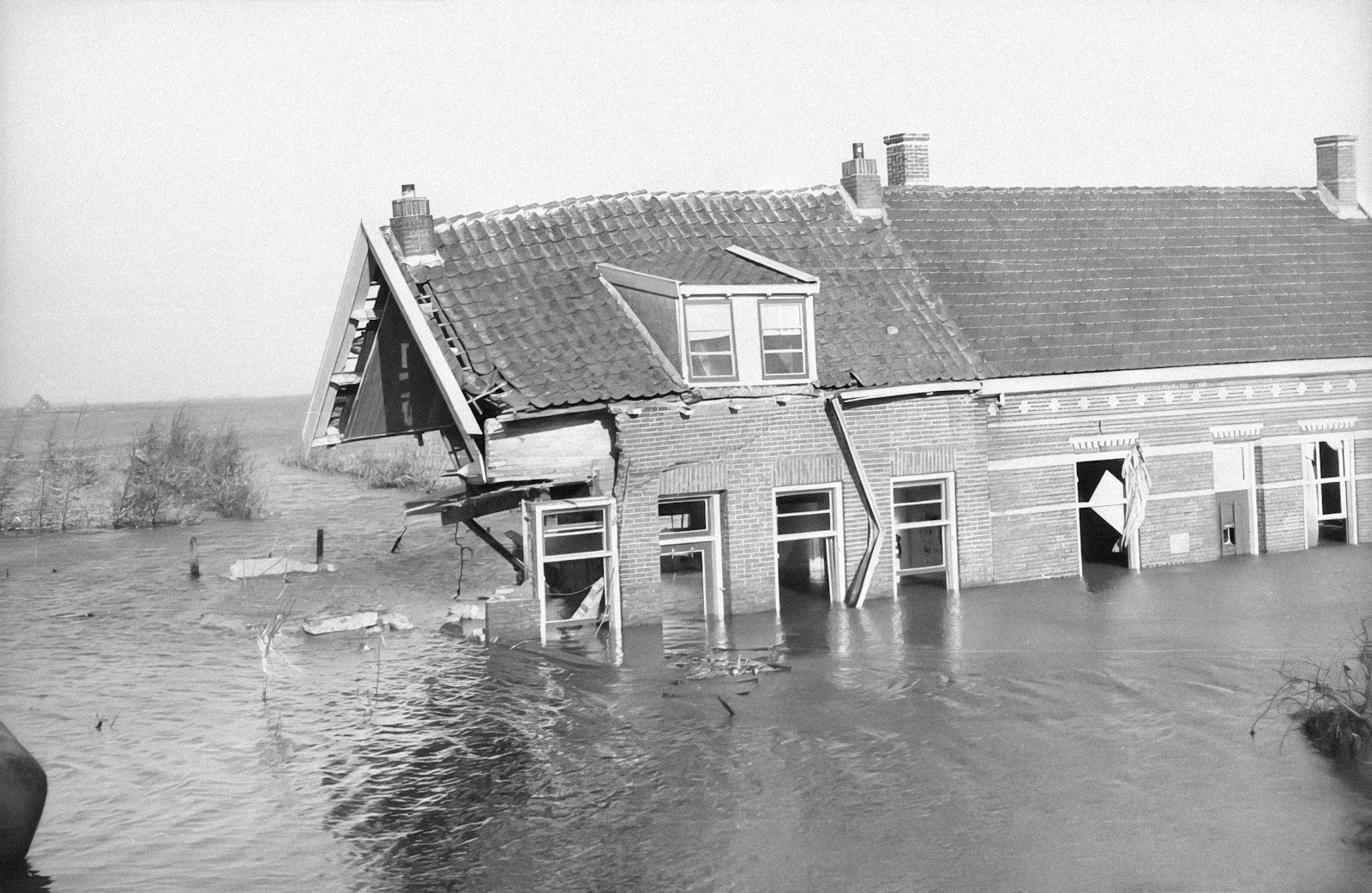As Britain counts the cost of floods and Californian wildfires spark debate over systemic negligence, insurance and threat, we need interconnected, collaborative approaches to mitigating the global ‘polycrisis’.
Ajay Gambhir has a decorated background in risk analysis. Author of Facing Global Risks with Honest Hope and Director of Systemic Risk Assessment at ASRA, before this role he was an academic at Imperial College’s Grantham Institute. There, he spent 20 years advising on public policy and 17 of those within the context of the climate crisis. His turns of phrase speak volumes.
‘Things are pretty late in the game now, in terms of the severity of the crises facing us,’ he tells us. ‘This has become apparent in the last decade, when we’ve seen geopolitical fragmentation, early warning signs of things to come like the Russian annexation of Crimea, and ripples of this, among other trends.
‘There are some opportunities emerging, but mostly stresses – for example the rise in use of social media, unchecked algorithms and a fall in sense-making,’ Gambhir continues. ‘About five or six years ago, after the signing of the Paris Agreement, it became clear that we need to tackle these things more holistically because so much is interconnected.’
The answer – in so far as being able to understand the true level of risk posed to organisations, individuals, properties and economics from combined threats – could be ASRA. Established two years ago, the Accelerator for Systemic Risk Assessment isn’t the sexiest name going, but its role could transform how entire sectors operate, finance, insure and gauge viability.
‘The rationale around ASRA is that we exist in a world of great expertise but institutional silos. At the same time, we are seeing the cascading and compounding of risks and crises at planetary scales, so we have to start thinking about how we join things up,’ says Gambhir.
‘ASRA was set up as a vehicle to really shift the narrative and mainstream holistic trans-disciplinary risk assessment and design of response. To mitigate, prepare for and, even more ambitiously, move away from the kind of risky societal and ecological architecture we have at the moment,’ he continues. ‘It’s a challenge for sure.’
Work in this area begins with a relatively obvious but terrifyingly complex step – facilitating collaboration between experts. A set of principles have been drafted to guide decision-makers on how to ensure accurate risk assessment is even possible. For example, rethinking priorities away from an efficiency and cost reduction-first approach, to broader ideas of what the future should look like.
Ecological systems should also be at the centre of ‘all we do in society’. Meanwhile, ASRA must ensure justice is fundamental to outcomes and participatory processes. This means consulting with a genuine cross-section of stakeholders and advocating for transparency. Published in April 2024, you can read the full list here.
‘This has formed a strong basis for how we want to work,’ says Gambhir. ‘So we’re now looking to develop methods that better design policies and responses, meaning single issue policies that create problems elsewhere in the world, or further down the line, can no longer be considered.
‘We’ve developed a Systemic Risk Assessment Methodological Framework, basically a series of steps for different organisations to go through to ensure they are doing risk assessment correctly,’ he continues. ‘And a toolkit for policy impact and understanding future policy impact.’
Away from helping teams navigate regulations and conduct their own risk analyses, ASRA is also focused on the financial markets. As recent tragic wildfires in Los Angeles cast in sharp relief, we are already seeing insurance issues emerge – including lack of policy coverage – in places prone to climate-related disasters. Sadly, improving risk assessment is unlikely to help people currently unable to protect their homes, but it would impact where new communities can be built, and what safeguards are required to reduce risk factors.
‘It’s about trying to convince financial institutions to undertake systemic risk assessment in their lending decisions. I’ve been starting to have discussions with development banks about using our framework to assess their choices. And the humanitarian sector is trying to shift from responsive to pre-emptive. So how is this done?’ Gambhir asks rhetorically.
Collaboration is key, according to ASRA’s mantra. And this is particularly clear when looking at ‘every level of government’. Gambhir points to the need for units, whether virtual or IRL, dedicated to making sure departments are communicating effectively with each other. Moreover, that they are conducting risk assessments together. ‘We found a lot of silo-ing,’ we’re told.
‘We’re interested in talking to governments and governance organisations about maybe setting up new institutes. I was involved in the Climate Change Committee and that came from the realisation we needed a non-political body that took a vast number of factors into account when delivering advice around things like reducing emissions,’ says Gambhir. ‘I have no doubt we would design and develop policy better… if it were done in a more holistic way.’
More features:
How can the public sector improve energy efficiency, cost effectively?
Great expectations: 2025 in net zero, nature and local government
How can the public sector improve energy efficiency, cost effectively?
Image: Nationaal Archief via Unsplash

















